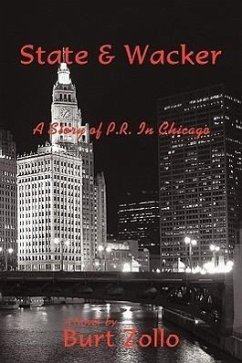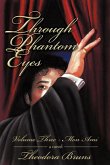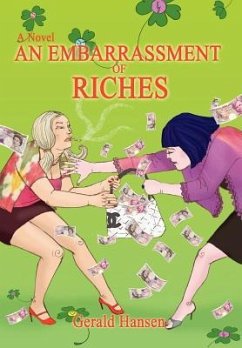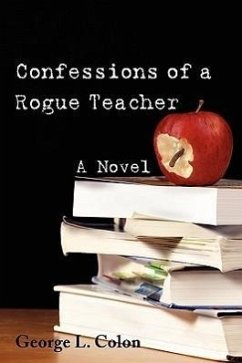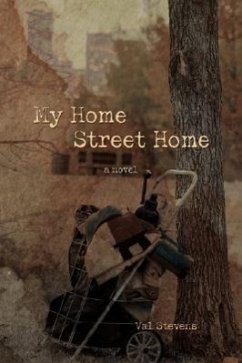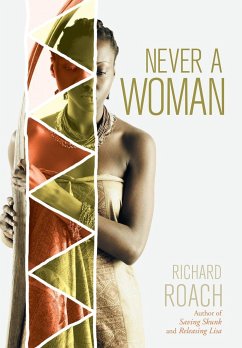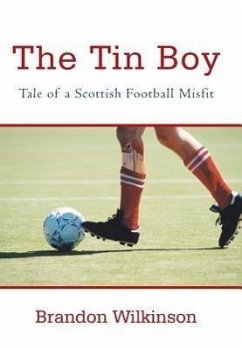In this remarkable second novel by Burt Zollo, we meet Lyle Kopp, a public relations man in Chicago during the Sixties. P.R., at this time, is still a relatively new, undefined profession, and Kopp is one of the pioneers in shaping the public perception of P.R., which is, after all, all about shaping public perceptions. Kopp's world is one of publicity stunts, politics, romance, family, ambition, and friendships real and forced. It's a story of a profession never before explored so intimately and insightfully in fiction, and the story of a family man, who balances a home life in suburbia with a work life in the city. State & Wacker is also very much the story of Chicago, which happens to be Zollo's hometown. His Kopp is a savvy guy, balancing the art and science of his growing field, while struggling with the awareness of the power of persuading public opinion on behalf of his clients. Even the name "Public relations" is not free from his scrutiny, and this level of consideration gives this novel its depth: "While he thought `public relations' was descriptive," Zollo writes, "he feared it might be considered deceptive, not as humble as he preferred. He didn't resent the variety of names his practice had achieved; he simply didn't want to appear, as he explained, `too grand.'" Public relations, Kopp felt, was "the most maligned, least understood creative practice. At its best, he thought, P.R. changed people's minds; at its worst, P.R. bred suspicion." Walking that line between being influential and manipulative is where this novel lives.
Hinweis: Dieser Artikel kann nur an eine deutsche Lieferadresse ausgeliefert werden.
Hinweis: Dieser Artikel kann nur an eine deutsche Lieferadresse ausgeliefert werden.

